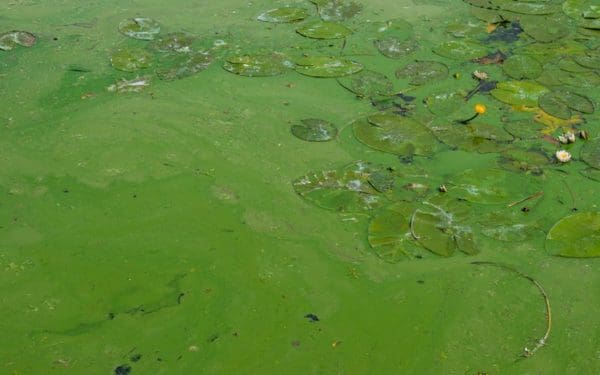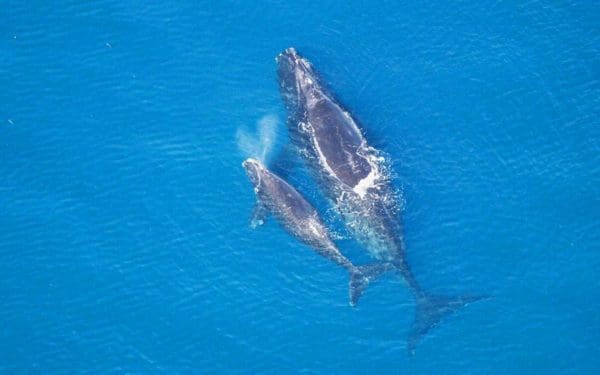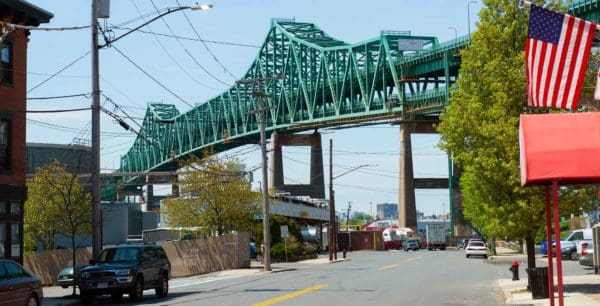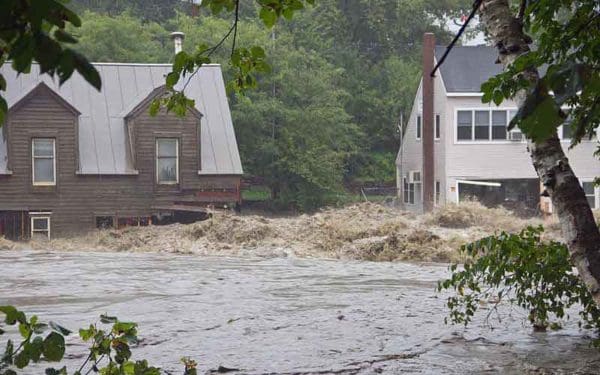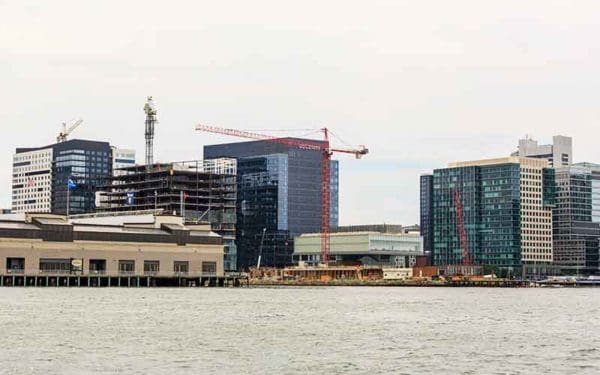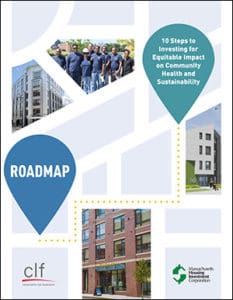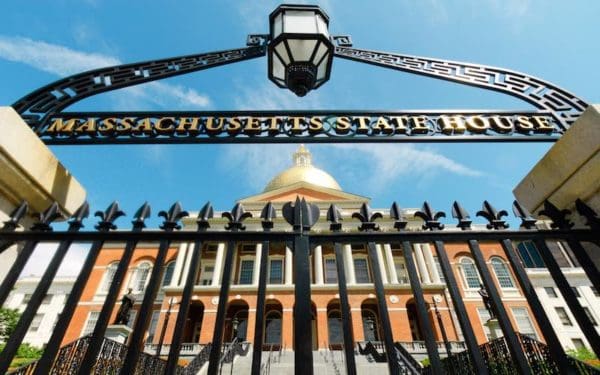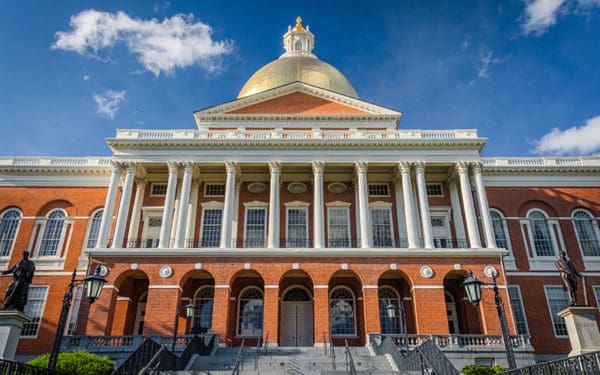Feb 16, 2021
“Sewage and harmful pollutants are leaking from this wastewater plant directly into nearby estuaries, bays, and streams,” said Christopher Kilian, Vice President of Strategic Litigation at CLF. “For too long, Town officials have skirted legal requirements and taken no action to prevent nitrogen pollution and protect the Cape’s waters. The area’s water pollution crisis demands action now.”
Feb 08, 2021
From the second they are born to their last breath, North Atlantic right whales help our climate by making our ocean more resilient. We need to push for their protection so that they can do their part in helping to create a greater future for all.
Feb 03, 2021
Bradley Campbell, president of the Conservation Law Foundation, said Baker was “reciting some of the hackneyed, false choices about adverse impacts to the economy or having to choose between addressing climate and having a sound economy when in fact, New England’s future economy depends on addressing climate change.”
Jan 27, 2021
As the first project funded by CLF’s Healthy Neighborhoods Fund, Chelsea Flats showcases inclusive and sustainable development.
Jan 27, 2021
Advocates cheered when President Biden reinstated the Obama-era flood protection standard among his first acts in office. The Biden administration is sending a clear signal that building according to climate patterns of the past is no longer acceptable – we must acknowledge and address increasingly frequent and extreme flooding caused by climate change. Reinstating the federal standard is a critical first step for increasing our national infrastructure’s climate resilience – one that signals the urgent need for action here at home.
Jan 27, 2021
Cities with aggressive climate standards are running into roadblocks. Achieving these goals will require strong building energy codes and ending the use of fossil fuels in buildings and homes. We’re starting to see that neither the natural gas utilities nor the real estate industry will sit by quietly as cities and states enforce stronger building codes and ban natural gas infrastructure in new construction.
Jan 23, 2021
“Ash is blowing around, it’s definitely getting wet and going into the marsh and it’s definitely getting into people’s lungs,” said Kirstie Pecci, Zero Waste Project director at the Conservation Law Foundation, which has been working with residents to stop the landfill expanding.
Jan 15, 2021
This report provides an overview of our experience with the Healthy Neighborhoods Equity Fund (HNEF). We hope to inform other efforts investing in housing and retail in ways that can lead to equitable changes in neighborhood health and environmental conditions.
Jan 15, 2021
Massachusetts legislators overwhelmingly passed critical climate and justice legislation. But Governor Baker vetoed the bill – choosing not only to ignore sound science, but also to let decades of racist policy targeting low-income, Black, and Brown communities go unchallenged.
Jan 14, 2021
“On Earth Day, we cheered as Governor Baker declared net-zero emissions by 2050 an enforceable order under the state’s landmark climate law,” said CLF President Bradley Campbell. “With the stroke of his veto pen, the Governor has mocked this commitment he trumpeted just nine months ago. This irresponsible veto – admittedly at the behest of special interest lobbyists – deprives the Commonwealth’s families and businesses of the tools they need to cut emissions in a just and economically beneficial way. The Governor has drastically set us back in reaching our climate goals.”
